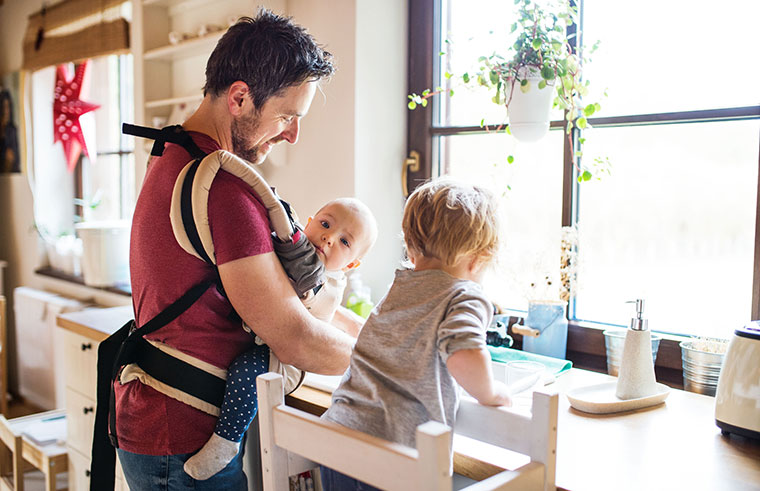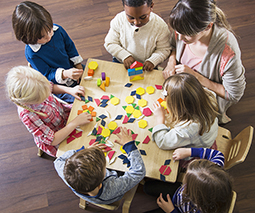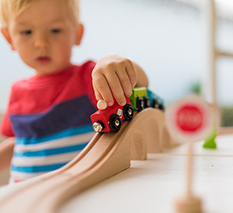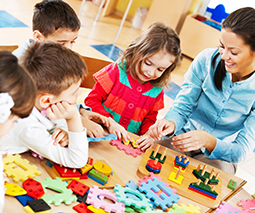My husband would have loved to take parental leave, but it wasn’t an option

Research shows that employment changes dramatically for women after having a baby, but not nearly so much for men.
When we had our first child, my husband and I quickly fell into very typical roles. My husband went out to work while I stayed home to look after the baby. I was surprised to find myself in this situation, but there was little choice at the time.
These days, parenting duties are increasingly shared between men and women, however, a recent study reveals that when a baby arrives, the traditional gendered work roles still very much exist.
The difference for men and women
The Australian Institute of Family Studies carried out an analysis of employment and time use data from the Australian Bureau of Statistics and found that the work life for a man changes very little once a baby is born. In fact, only 1 in 20 men takes parental leave in Australia. However, a mother’s work life drastically changes, with 95 percent of primary carers leave taken by women.
“The number of hours fathers spend in employment remains at the same level before and after having children,” reports Dr Jennifer Baxter, Senior Research Fellow at the Australian Institute of Family Studies. “Fathers do spend time on parenting and childcare when they have young children, fitting this time around their hours of employment.”
Behind the times
The use of parental leave by fathers in Australia is very low by global standards, according to Emma Walsh, CEO of Parents at Work. “Australia does not have a nationally legislated ‘shared parental leave’ approach and, as such, fathers are often labelled as ‘secondary carers’ – and most organisations provide limited parental leave allowance for secondary carers, if any at all,” she says in an article published alongside the study.
The other reason for the low rate of men choosing parental leave is economic. “The gender pay gap means that men traditionally earn more in the family, and this too affects a father’s decision to take extended leave,’ reports Emma. “Many organisations do not provide any financial security or incentive around leave, particularly ‘secondary’ carer’s leave.”
No available options
This was certainly the situation for us, with each of our two children. My husband earned more money than I did, and we couldn’t afford for him to stop working. There was no other option, but my husband dearly wished there had been. “I would have loved to have been able to take paid parental leave when my daughters were born,” he says. “I was only able to take two weeks paid annual leave – and would have loved to have had more time with our girls when they were babies and to be able to help my wife. But with her not working, and working freelance anyway, we couldn’t afford for me to take unpaid leave, or for me to reduce my hours to part-time to help out more and be at home.”
And as far as my husband is concerned, he’s not the only one – the gender pay gap means that it’s often the father who must continue to work. “Most dads I know feel the same way,” he says. “And they resent not being able to be more involved with children and having to work such long hours, in order to afford to live in major cities – which is where the work is.”
Changes need to be made
If we want to achieve gender equality, we certainly need to catch up with the rest of the world when it comes to shared parental leave. Companies and workplaces must actively support men in taking parental leave, while the inequality of men’s and women’s pay needs to be addressed. Babies benefit from the care of both parents, so we need to give mothers and fathers more choice about who goes out to work and who stays home with the baby.
Times are changing, but in this area, not nearly fast enough. And certainly not for my husband: “In an ideal world – both parents would have equal access to the same amounts of paid parental leave – and both parents could reduce their working hours to part-time hours to share more evenly the household and child-rearing duties.”









